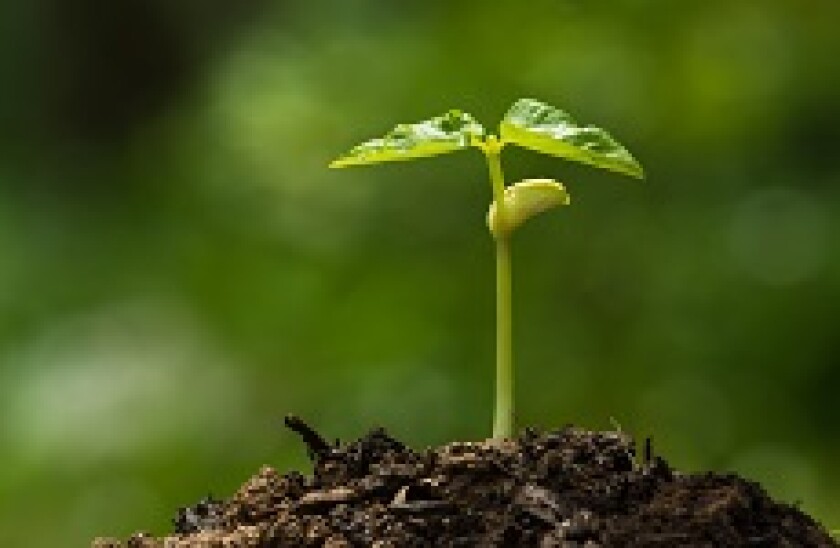Southeast Asia needs more socially responsible bonds. Like many countries, Malaysia signed on to the Paris Agreement last year, committing to fight climate change. The country reiterated early this summer, after the US announced it will pull out of the Paris accord, its own commitment to reduce carbon emissions.
So far so good. But the SRI euphoria has been slow to translate into action. Malaysia took its first steps back in 2014, when the Securities Commission launched the Sustainable and Responsible Investment Sukuk framework as a way of promoting Islamic financing with a social spin. After all, Sharia has a commitment to social welfare and the protection of the environment.
“The Malaysian capital market is well-positioned to capitalise on these changing trends and facilitate sustainable and responsible investing,” the commission said in a press release at the time.
But the framework has barely been referenced. It took nearly a year before Khazanah Nasional sold the first ringgit-denominated SRI sukuk, benefiting an underlying education project.
It took another two years for the sale of the maiden green bond under the SRI sukuk framework. In July this year, solar energy firm Tadau Energy sealed a MR250m ($58.4m) deal. After that, Khazanah returned to issue a second SRI sukuk, and Quantum Solar Park Semenanjung sealed a green sukuk.
This could be the kick that sustainable Islamic financing needs. The market is primed, and the country would do well to encourage continued SRI sukuk issuance.
Malaysia is clearly committed to Islamic financing. In 2016, the country was the leader globally, holding a market share of 41.1% of total bond issuance, or $29.9bn, according to domestic ratings agency RAM Holdings Group. Indonesia was second with 16.3%, and the United Arab Emirates third with 10.9%.
Green investments can easily work hand in hand with sukuk. Besides Islamic law’s explicit commitment to the environment, the sukuk structure also fits well with green infrastructure projects.
Sukuk needs to be tied to an underlying portfolio of tangible and intangible assets, depending on the structure. Often this means including property and commodities — sectors that need a green boost for Malaysia to comply with the Paris agreement.
Infrastructure related to solar parks, wind energy or other environmental projects fit as well, but issuers should not limit themselves. Green sukuk funds can be used to finance construction of green compliant buildings or secure funding for infrastructure projects, like light rail.
Gaps around financing infrastructure projects, not just in Malaysia but across southeast Asia, are huge. So if some of that can be plugged by sustainable financing, it’s all the more better.
With a marriage of Islamic financing and sustainability, green sukuk issuance can reach a broad investor base that is starved for paper. Sukuk investors have limited options in Asia generally, and few choices when it comes to dollar sukuk globally. Green investors will similarly be interested in additional green-compliant bond options.
Partnering the two sectors doesn’t limit the investor base at all — it only widens it. Conventional bond investors can and will still invest in green bonds or sukuk if they see value. The right sell of a green sukuk could certainly do that.
Malaysia is undoubtedly Asia’s Islamic finance hub. If the country can use that base and give the same impetus to green financing that it did to Islamic financing, it can easily claim the green crown for the region too.

